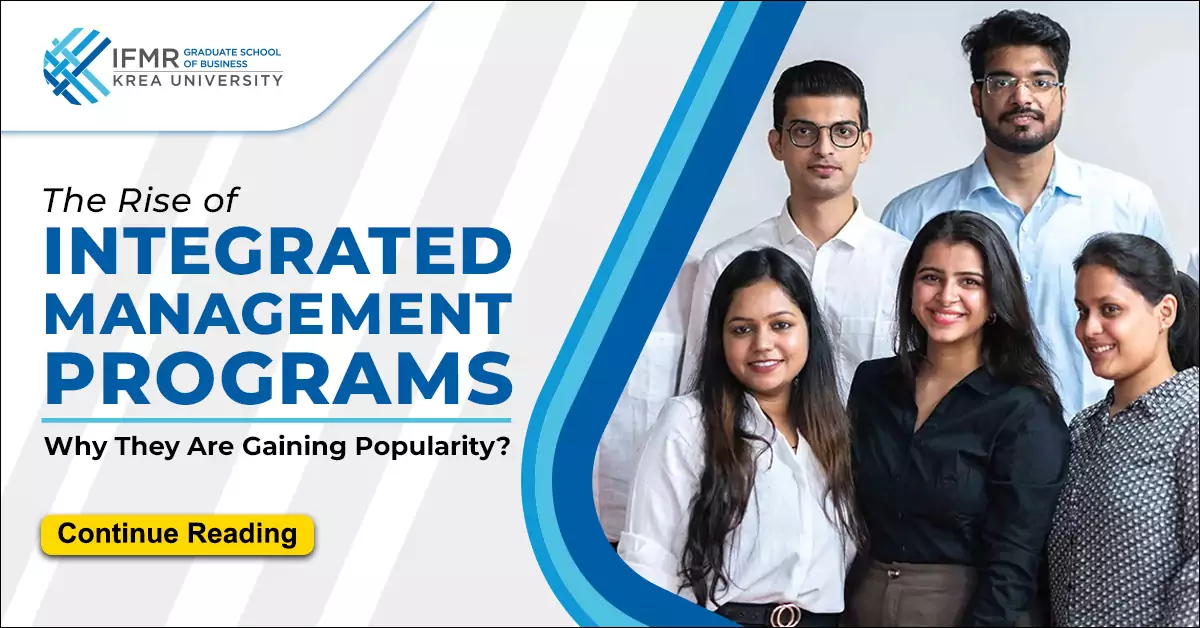
In a world where multitasking is often seen as a necessary skill, staying truly focused has become increasingly rare. Yet, for some individuals, the ability to be present and deliberate across personal and professional roles is not just a trait—it’s a practiced discipline. One such individual, a researcher and academic, offers insights into how focus and structured habits shaped not just a career in entrepreneurship studies but also a balanced family life.
Focus Begins at Home
The journey of focus, as this academic reveals, began not in boardrooms or classrooms but at home. During the early years of parenting, she developed a small but impactful routine: spending one hour of undivided attention with each of her two children every day. The rule was simple—no distractions, just meaningful engagement.
“Their interests were different,” she recalls. “So I had to shift gears with each of them—sometimes we’d watch a show and talk about it, other times we’d just sit and chat.”
This deliberate approach taught her how to compartmentalize time and attention—skills that later became crucial in handling multiple research projects and teaching responsibilities. It also demonstrated the value of presence, a quality often overshadowed by the need to ‘do it all’ in modern life.
The Challenge of Modern Distractions
However, she acknowledges that the landscape of parenting has changed. The presence of electronic gadgets—phones, iPads, streaming platforms—has made it harder for families to create distraction-free time.
“It’s much more difficult for parents now,” she admits. “You have to fight for that attention span—not just from your kids but also from yourself.”
This realization not only reflects the changing social environment but also underscores the importance of intentional living—something she continues to practice in her academic and personal life.
Lessons from Reasoning with Children
Her experiences as a parent also offered unexpected training for the professional world. “If you can reason with a five-year-old,” she says with a smile, “you can handle anything.”
That blend of patience, negotiation, and clarity became a foundation for leadership and communication in her career. Whether engaging with students or working on collaborative research projects, the same discipline of focused attention and respectful reasoning carries through.
A Shift Toward Entrepreneurship
While her early academic interests revolved around technology and banking systems, a shift occurred post-PhD. After completing her doctorate, she began exploring applied research through development projects. One of her first major initiatives focused on women’s empowerment in low-income households.
The findings were both revealing and provocative. “We discovered that many of these women were already empowered before microfinance institutions gave them loans,” she explains. “The institutions would then claim that their intervention was the cause of empowerment. But in truth, they were just selecting strong candidates.”
This led to deeper research into financial behavior, savings patterns, and informal entrepreneurship among women in states like Tamil Nadu and Karnataka. One surprising insight was the role of gold as a form of saving. In Tamil Nadu especially, she observed a strong drive among women to invest in their children’s education—a long-term form of economic resilience.
Discovering Grassroots Entrepreneurship
A particularly striking moment came during fieldwork in Kanchipuram. There, the research team found that almost every street had a small beauty parlor run by a woman. These businesses were often unregistered and modest in scale, yet they demonstrated entrepreneurial spirit, autonomy, and income generation.
“These women weren’t waiting for permission or funding. They were already doing the work,” she says. “That made me realize how much we miss when we look at entrepreneurship only from a formal, male-dominated, startup-centric lens.”
This realization shaped her long-term academic focus: understanding entrepreneurship as a lived, everyday experience—especially for women in underrepresented communities.
Building on Economic Foundations
Her academic journey has also been shaped by thought leaders in the field of strategy and economics. Influenced by thinkers like Michael Porter and Sumantra Ghoshal, she began applying classical economic principles to modern entrepreneurship—an approach that blends theory with real-world data.
By connecting foundational economic models with the behavior of grassroots entrepreneurs, her work offers a richer, more nuanced view of how businesses start, survive, and grow—particularly in the Global South.
In a world increasingly shaped by noise and speed, the academic journey of Prof. Lakshmi serves as a reminder that focus, discipline, and empathy remain powerful tools—both at home and in the field of research. From parenting to grassroots entrepreneurship, her story illustrates how deep observation and lived experience can enrich academic inquiry. By bridging traditional economics with everyday entrepreneurial realities, especially among women, she challenges conventional narratives and brings fresh perspectives to the study of business and society. Her path shows that true insight often comes not from grand theories but from listening closely and focusing deeply—one conversation at a time.
Admissions for the BBA+MBA batch 2025-30 are now open! Apply today to kickstart your journey at IFMR GSB.
Connect with current students and IFMR GSB Integrated MBA aspirants to get an insider’s view of the journey ahead. Join: [Official] Integrated BBA+MBA at IFMR GSB Chennai, Admissions 2025: Placements, Fees, Selection Process, Eligibility & More
